7 Eye-Opening Environmental Documentaries To Stream
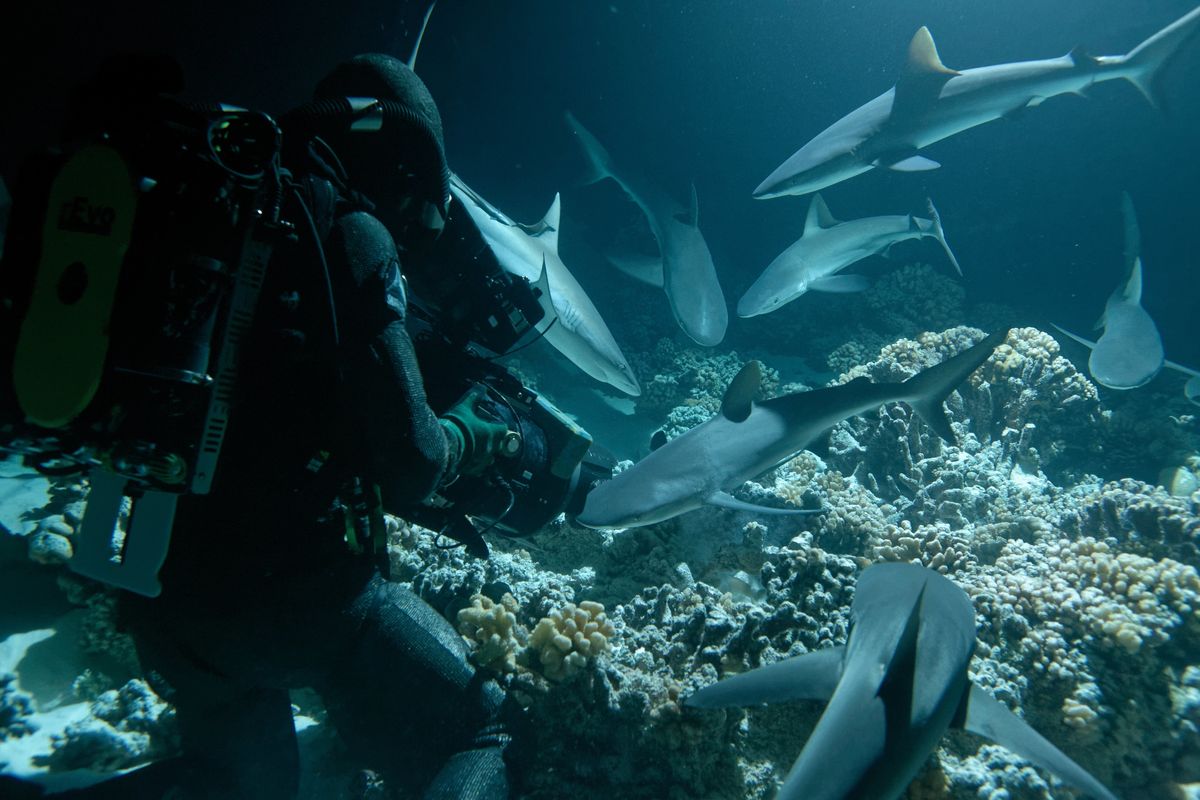
Environmental Documentaries To Watch For Earth Day 2024

Image via PBS Digital Studios
Animal IQ (2021): Featuring elephants, foxes, otters, and more, this new series from PBS Digital Studios and Nature takes a look at the intelligence of Earth's animals with a new episode every three weeks. In each installment, Trace Dominguez and Natalia Borrego talk to experts and conduct research to determine how and if animals can actually think.
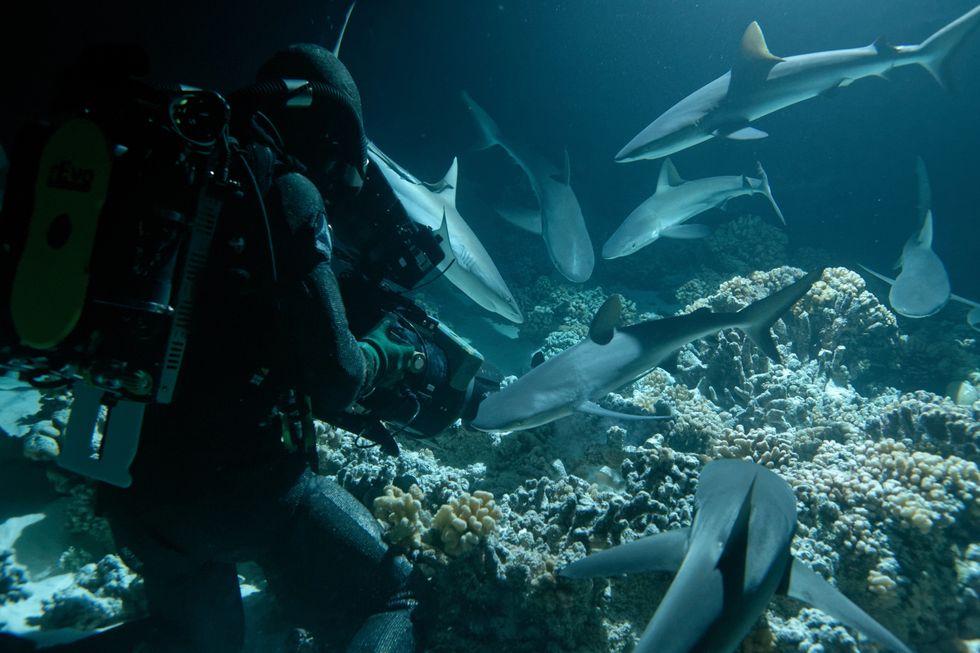
Image via Gisle Sverdrup/Silverback/Netflix
Our Planet(2019): Unlike the BBC's beloved Planet Earth and Blue Planet series, Our Planet focuses directly on how each ecosystem featured is currently being threatened by climate change. One scene in particular has caused an appropriately dramatic reaction: a group of Russian walruses falling down a steep rock cliff to their deaths. Narrator Sir David Attenborough explains that receding ice levels have left fewer places for the animals to gather, highlighting just how devastating the warming of the planet has already become.
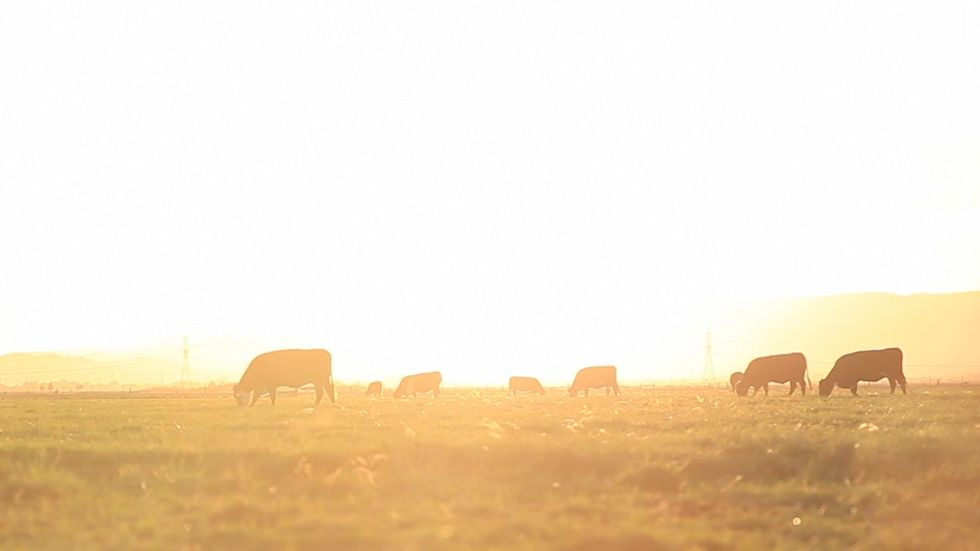
Image via Netflix
Cowspiracy: The Sustainability Secret (2014): Made by the same team who brought us 2017's controversial What the Health documentary,Cowspiracy is, on its surface, a look at the damaging environmental effects of the livestock industry. Like What the Health, much of the information is presented from a very pro-vegan perspective, and not a lot of balanced reporting is offered. Still, it can serve as a starting point to learn about how meat production uses more resources and contributes more to global greenhouse gas emissions than, say, a plant-based diet, and that may help us make more informed food choices.
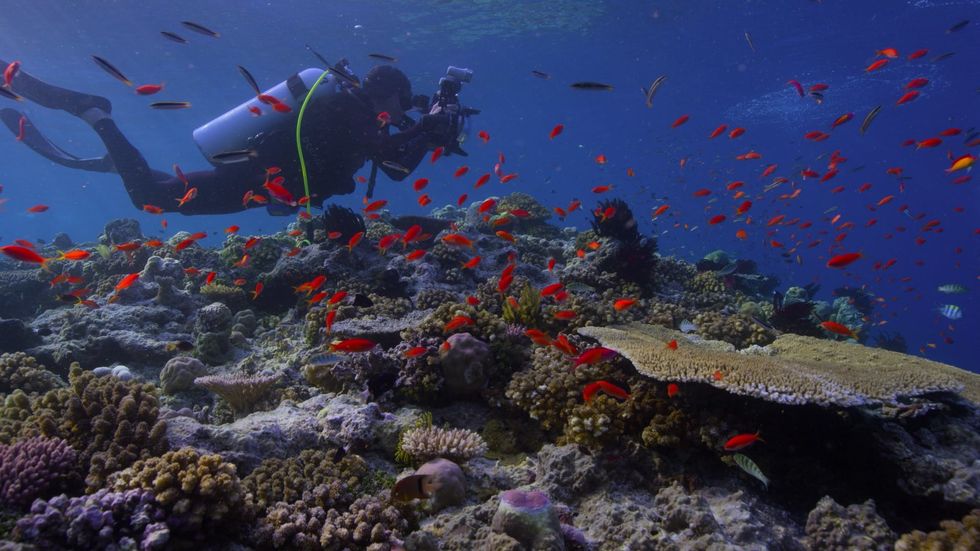
Image via Netflix
Chasing Coral (2017): Coral reefs not only serve as a nurturing and essential environment to all ocean life, but also help protect coastlines from flooding during extreme weather events. Unfortunately, due to warming sea temperatures, overfishing, pollution, and other human activities, their vivid, beautiful ecosystems are facing rapid decline. Chasing Coral attempts to document this "coral bleaching" and the devastating economic and environmental effects it could have — as well as the wider problems it may represent. (photo via Netflix)
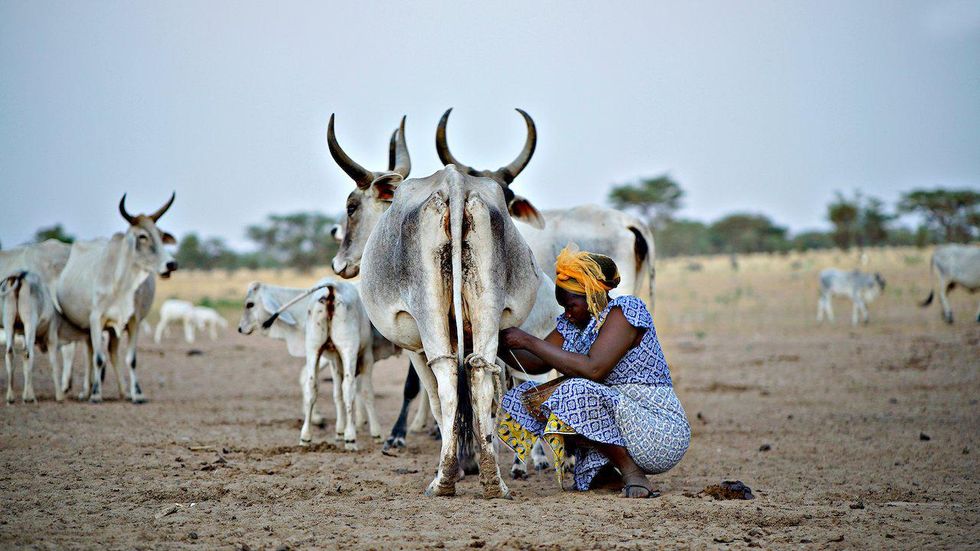
Image via Tiberius Film/Sunfilm Entertainment
The Milk System(2017): Milk has always represented health, nutrients, and strong bones but The Milk System dives into how the system in question really operates. Speaking with farmers, dairy owners, scientists, and more, this Earth Day documentary examines the profits, responsibilities, and costs of this billion dollar industry.
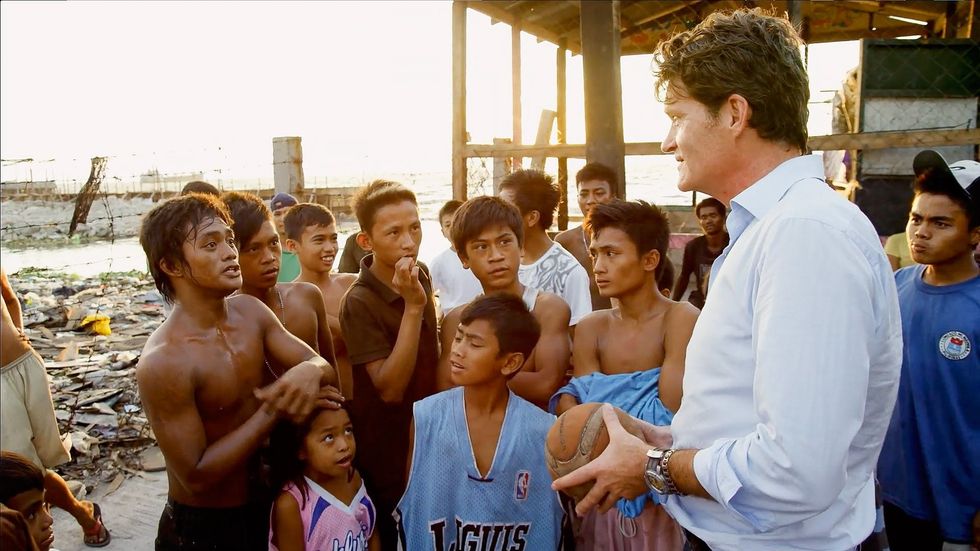
Image via Pastic Oceans
A Plastic Ocean(2016): In the face of realizing its irreversible environmental effects, the world is slowly moving toward banning many single-use plastics. A Plastic Ocean starts out as a documentary on blue whales but quickly turns into a study on the devastating effects that plastic pollution has had in the lives of ocean animals, from the whales, to dolphins, to seals, and more. It's an eye-opening look at what our plastic use is doing to these creatures, and to the state of much of our own food supplies.
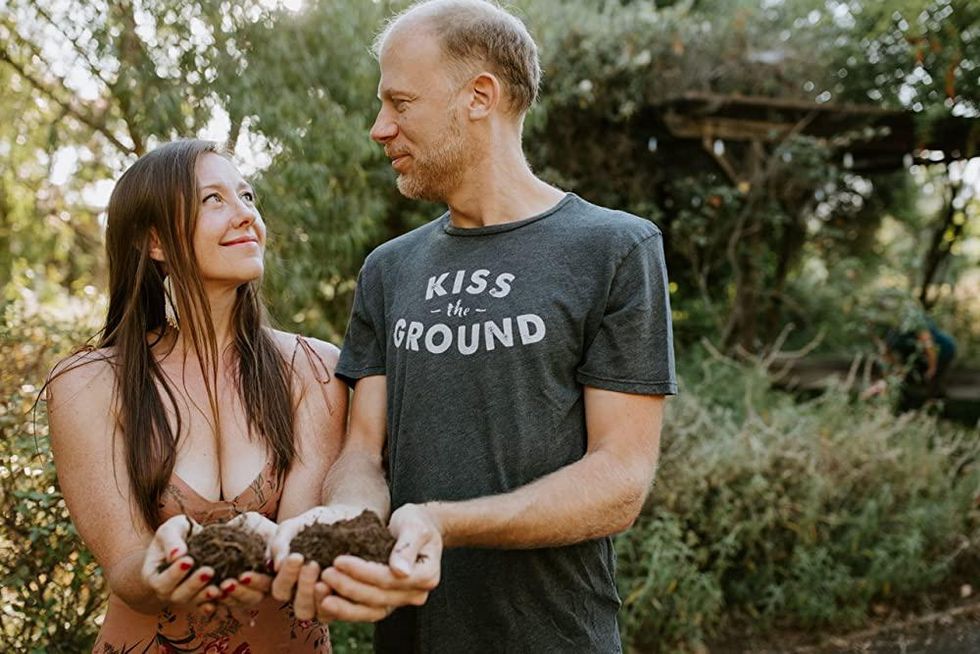
Image via Netflix
Kiss the Ground (2020): This full-length documentary, narrated by Woody Harrelson, looks at the way regenerative agriculture (which focuses on topsoil regeneration) has the potential to feed the world, replenish water supplies, and even balance our climate. Activists, scientists, farmers and politicians take part in this move towards saving the planet's topsoil.
What Earth Day environmental documentaries are you streaming this month? Tag us on Instagram and check out our Earth Day page for more inspo!
Lead image via Gisle Sverdrup/Silverback/Netflix
This post has been updated.
- Turn Trash into Treasure With 18 Eco-Friendly DIYs - Brit + Co ›
- 10 Plant-Based Snacks from Whole Foods to Keep You Full on Earth ... ›
- 20 Sustainable Styles We're Eyeing This Spring - Brit + Co ›
- 8 Eco-Friendly Products to Make Every Day Earth Day - Brit + Co ›
- How to Spot False Eco-Friendly Labels This Earth Day - Brit + Co ›
- 10 Sustainable Products to Celebrate Earth Day - Brit + Co ›
- Get Your Earth Day and Chill on With These 9 Netflix Documentaries ... ›
- 14 Earth Day Books for Every Reader - Brit + Co ›











